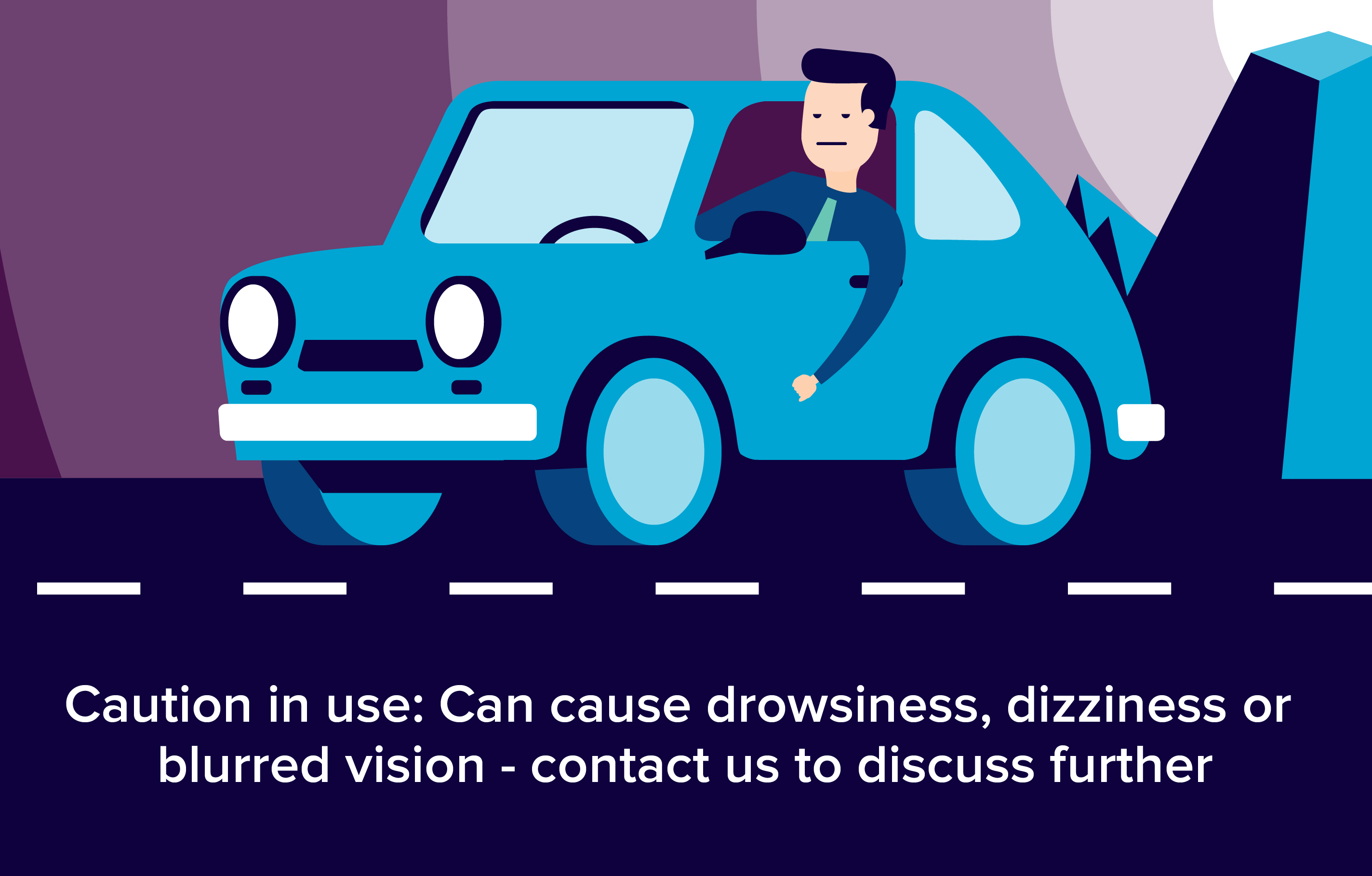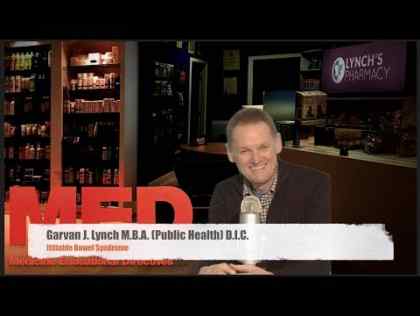Buscopan tablets contain the active ingredient hyoscine butylbromide, which is a type of medicine called an antispasmodic.

What is Buscopan?
- Buscopan is used to relieve colicky abdominal pain that is caused by painful spasms in the muscles of the gastro-intestinal (GI) or genito-urinary (GU) tract.
- Spasms of the stomach, intestines or bile duct (gastro-intestinal tract), including those associated with irritable bowel syndrome (IBS).
- Spasms of the bladder or urinary system (genito-urinary tract).
How does Buscopan work?
- Buscopan tablets contain the active ingredient hyoscine butylbromide.
- Hyoscine works by relaxing the muscle that is found in the walls of the stomach, intestines, bowel, bile duct and urinary tract. This type of muscle is called smooth muscle or involuntary muscle. It normally contracts and relaxes in response to natural body chemicals called neurotransmitters.
How do I take Buscopan?
- Always follow the instructions given by your doctor. These will also be printed on the dispensing label that your pharmacist has put on the packet of medicine.
- The usual dose for adults and adolescents over 12 years of age is two tablets taken four times a day. To treat IBS symptoms treatment should be started with one tablet three times a day. This can be increased up to two tablets four times a day if necessary.
- The usual dose for children aged 6 to 12 years is one tablet taken three times a day.
- Buscopan tablets should be swallowed whole with a drink of water. They can be taken either with or without food.
- If you forget to take a dose take it as soon as you remember, unless it is nearly time for your next dose. In this case just leave out the missed dose and take your next dose as usual. Do not take a double dose to make up for a missed dose.
- This medicine should not be taken on a continuous daily basis or for prolonged periods of time without the cause of your abdominal pain being investigated by your doctor.
Important information about Buscopan
- This medicine may cause blurred vision and so may affect your ability to drive or operate machinery safely. If affected do not drive or operate machinery.
- While taking this medicine you should consult your doctor immediately if you experience severe, unexplained abdominal pain that doesn't go away, gets worse, or occurs with symptoms like fever, nausea, vomiting, changes in bowel movements, abdominal tenderness, decreased blood pressure, fainting, or blood in your stools.
- You should also consult your doctor immediately if you experience any of the following while using this medicine: red and painful eye, possibly with headache, loss of vision, or seeing haloes around lights. These symptoms may be caused by an increase in pressure inside the eyeball and require urgent investigation by your doctor.
Buscopan should not be used in
- People with an abnormally large or dilated large intestine (megacolon).
- People with a condition called myasthenia gravis, in which there is abnormal muscle weakness.
- People with an eye condition called closed angle glaucoma.
- People with rare hereditary problems of fructose intolerance, glucose-galactose malabsorption or sucrase-isomaltase insufficiency (Buscopan tablets contain sucrose).
- Buscopan tablets are not recommended for children under six years of age.
- This medicine should not be used if you are allergic to any of its ingredients. Please inform your doctor or pharmacist if you have previously experienced such an allergy.
If you feel you have experienced an allergic reaction, stop using this medicine and inform your doctor or pharmacist immediately.
Buscopan should be used with caution in
- Elderly people.
- People with heart problems, including a fast heart rate (tachycardia) or heart failure.
- People with an overactive thyroid gland (hyperthyroidism).
- People who are susceptible to blockages in the urinary tract and difficulty passing urine, for example men with an enlarged prostate gland.
- People with constipation or who are susceptible to blockages in the intestines.
- People with a high temperature (fever).
Pregnancy and breastfeeding
Certain medicines should not be used during pregnancy or breastfeeding. However, other medicines may be safely used in pregnancy or breastfeeding providing the benefits to the mother outweigh the risks to the unborn baby. Always inform your doctor if you are pregnant or planning a pregnancy, before using any medicine.
This medicine is not usually recommended for use during pregnancy as its safety has not been established. It should only be used if the expected benefit to the mother is greater than any possible risks to the developing baby, particularly in the first trimester. Seek medical advice from your doctor.
It is not known if this medicine passes into breast milk, although only small amounts are likely to be found due to the properties of the medicine. The class of medicines that this one belongs to may reduce the production of breast milk. The manufacturer states that this medicine is not recommended for use during breastfeeding. Get advice from your doctor before taking this medicine if you are breastfeeding.
Possible side effects of Buscopan
Medicines and their possible side effects can affect individual people in different ways. The following are some of the side effects that are known to be associated with this medicine. Just because a side effect is stated here does not mean that all people using this medicine will experience that or any side effect.
Uncommon (affect between 1 in 100 and 1 in 1000 people)
- Faster than normal heart rate (tachycardia).
- Dry mouth.
- Small blisters on the hands and feet (dyshidrosis).
- Allergic skin reactions such as hives or itching.
Rare (affect between 1 in 1000 and 1 in 10,000 people)
- Difficulty passing urine (urinary retention).
- Unknown frequency
- Hypersensitivity reactions such as narrowing of the airways (bronchospasm), swelling of the lips, throat and tongue (angioedema), rash or anaphylactic reaction.
- Talk to your doctor, nurse or pharmacist if you want any more information about the possible side effects of this medicine.
Can I take Buscopan with other medicines?
It is important to tell your doctor or pharmacist what medicines you are already taking, including those bought without a prescription and herbal medicines, before you start treatment with this medicine. Similarly, check with your doctor or pharmacist before taking any new medicines while taking this one, to make sure that the combination is safe.
There may be an increased risk of antimuscarinic side effects, such as dry mouth, blurred vision, constipation, difficulty passing urine, reduced sweating and confusion, if this medicine is taken with other medicines that have antimuscarinic effects, such as the following:
- amantadine
- antihistamines, eg promethazine, brompheniramine, chlorphenamine, diphenhydramine, triprolidine
- antimuscarinic medicines for Parkinson's symptoms, eg procyclidine, orphenadrine, trihexiphenidyl
- antimuscarinic medicines for urinary incontinence, eg oxybutynin, trospium, tolterodine
- antipsychotics, eg chlorpromazine, clozapine, thioridazine
- antisickness medicines, eg meclozine, cyclizine, hyoscine hydrobromide
- codeine
- disopyramide
- nefopam
- other antispasmodics, eg atropine, propantheline, dicycloverine
- tricyclic antidepressants, eg amitriptyline, clomipramine.
If this medicine is taken with domperidone or metoclopramide the actions of the medicines may cancel each other out. This is because metoclopramide and domperidone increase the motility of the gut, whereas hyoscine reduces it.
If you experience a dry mouth as a side effect of this medicine you may find that medicines that are designed to dissolve and be absorbed from under the tongue, eg sublingual glyceryl trinitrate tablets, become less effective. This is usually because the tablets do not dissolve properly in a dry mouth. To resolve this, have a drink of water before taking tablets designed to dissolve on or underneath the tongue.
If you have any more questions please ask your Pharmacist.
Remember to keep all medicines out of reach of children
Please Note: We have made every effort to ensure that the content of this information sheet is correct at time of publish, but remember that information about drugs may change. This sheet does not list all the uses and side-effects associated with this drug. For full details please see the drug information leaflet which comes with your medicine. Your doctor will assess your medical circumstances and draw your attention to any information or side-effects which may be relevant in your particular case.
References:
https://en.wikipedia.org/wiki/Hyoscine_butylbromide
https://www.buscopan.com
http://www.medbroadcast.com/Drug/GetDrug/Buscopan
http://www.netdoctor.co.uk/medicines/digestive-health/a6342/buscopan-hyoscine/
http://patient.info/medicine/hyoscine-butylbromide-tablets-buscopan
http://www.news-medical.net/drugs/Buscopan-Tablets.aspx
http://www.medicinenet.com/hyoscine_butylbromide-oral/article.htm


